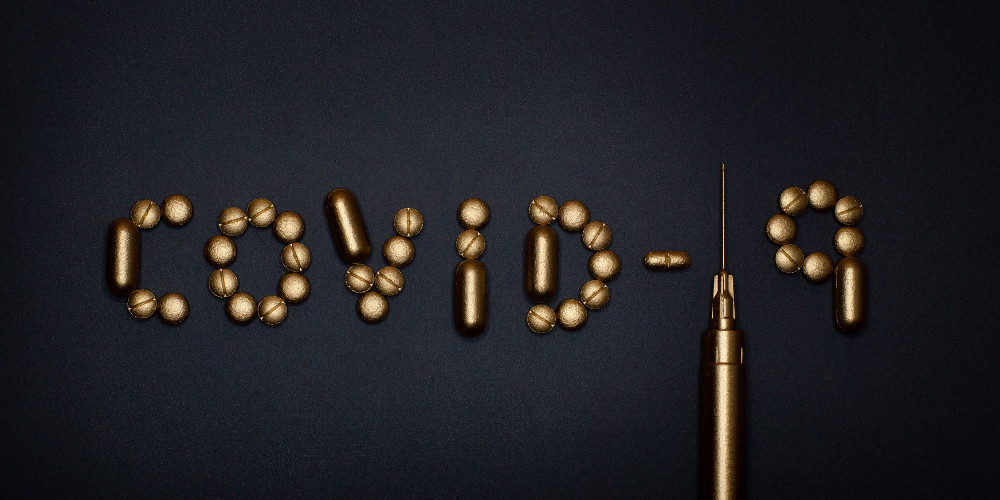
Two ladies in Australia started a fight over a pack of toilet papers. The older lady tried to slap the younger in the face. Soon, their brawl became a global meme. The world began to argue over this “wipe or wash” phenomenon. Countries where people “wash” scoff at the “wipers” and countries where people “wipe” rush to buy even more of the toilet papers.
Effect of Covid-19
The last two months were not easy for none of us. Our nerves are on edge. We isolated ourselves with a hope to be more helpful to those who need immediate care.
Wipe or wash
When I saw these two ladies amid global turmoil, something in my head clicked. I thought this slap was addressed to mankind. From caves and trees to cities, we have travelled a long way. Our ancestors were wiping themselves with leaves, wool, wood, and many other materials that will remain mysterious to our knowledge. Then they have discovered to use water instead, or maybe, they have used the water first, and after some time, they got bored and went on experimenting with other methods and using cleaning assets. Regardless of the origin, one thing is clear as a day. When crisis strikes, millions of people rush to grab toilet papers. They fight for their packs. They fight for the “wipe.”
History of toilet paper
Meanwhile, I could not hide my amusement and desire to learn more about the history of toilet paper. When we do not travel the world, we begin to travel across the expanses of the internet. And so did I, scrolled down until I reached the bottom.
The history of toilet paper started in China. Well, as Trump would infamously claim, this paper is Chinese. Back in the 8th Century b.c, some Arab travellers, known as merchants, have noted “a strange cleaning behaviour of locals” in their travel diaries.
Today 70% of the world’s population uses water to wash up, while 30% group uses toilet paper to wipe after using a toilet. After some research for more insight, I found a very sophisticated way of washing that people from the Roman era had. They would use special sponges, and after rinsing them share the same sponge sticks with each other. After a breakthrough in the press, people discovered Latin, and they fell in love with the vast volumes of books in Latin that could be read and ironically used as “cleaning papers”. Just like that, Gutenberg was printing not only books but also the first wiping units.
When was toilet paper first invented?
A 31-billion-dollar industry that rocks and rolls the toilets of the U.S and Europe has a beginning, which goes to the year 1857. A man behind the first toilet paper is Joseph Gayetty. When he proposed his “paper”, his fellow doctors mocked him for his invention. He should see the year 2020 when people are ready to kill each other for a pack of toilet paper rolls. Gayetty sold these papers for an astronomic price. With today’s rates, people paid 25-35 dollars to wipe themselves. Not everyone could afford this luxury item, so that is why the rest would still continue using old catalogues and directory books.
In 1890, the Scott brothers took this paper business to its next milestone by introducing a more affordable version. They have created the roll itself. Today the Scotts brand is famous among the others. Meanwhile, one year of wiping for each consumer means 250+ trees that were cut to produce these rolls.
To be or not to be?
But after all, I had to stop this researches. Shakespeare would not forgive me. He is responsible for many things. He is responsible for the beauty of English Language and Literature.
He is the author of the historical question: “To be or not to be?”
As this virus is trying to decide our fate for us, millions of people are worried about another question: “To wipe or to wash?”
Shakespeare has written about wiping and washing in Macbeth. In the discussion between Malcolm and Macduff, there goes a part: “The thought of evil as a blot or stain carries with it the idea of washing or wiping it off, which is constant.”
When we travel around the globe, we interact with both of the parties. Each party has its own way of cleaning. Logical or not, clean or not, acceptable or not, these reasons remain legitimate for both of the cultural sides. No matter which side you take, do not reach the rock bottom with too much consumerism and panicking.
Today's reality
We are blessed to live in the age of the internet and technology. It would be great to remain to stay civilized and, most importantly, healthy. But we are doomed to see people slapping each other for a piece of toilet paper. 2020 will be a year of tremendous contrasts. Because of the pandemic, this year will be a year of not an only big tragedy, but also humanity. People will fight for their lives, the oil will fight for its price, Liverpool will compete for the title. And COVID-19 will fight for the headlines in 2021, but eventually, it will lose the spotlight to something new.
People will even pinch themselves to double-check if it was just a bad dream. A horrible nightmare or a harmful illusion.
Most of us truly desire to “flush” this year, until we get back to expected and usual conditions. Both “washers” and “wipers” would be glad to remain alive and safe while enjoying their different opinions.
To be or not to be?
To be continued…

